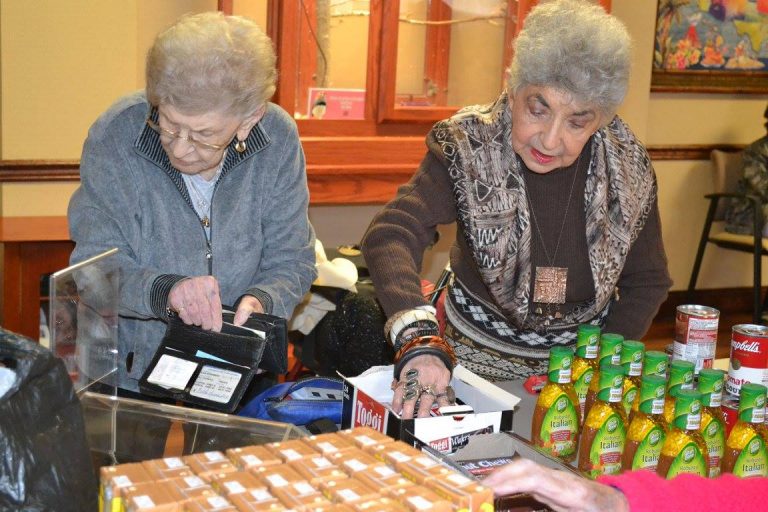
Offering life lines of information for thought, discussion, reference and resource.
Summary of Homecare Services
This summary of Homecare Services touches upon some of the options and specifics that govern these services as we strive to offer everyone a better understanding of this somewhat complicated topic.
Specifically discussed are the varieties of services, which can be overwhelming, especially knowing the differences between the homecare services of a Certified Home Health Agency (also known as a CHHA), a Licensed Home Care Service Agency (also known as a LHCSA) and a Companion Care Services provider. One or more of these services may be needed at some point when an unexpected health event is encountered, but individuals and family caregivers will benefit from some prior knowledge rather than when suddenly faced with a crisis management situation.
In basic terms the differences are:
- A Certified Home Health Agency (CHHA): Upon discharge from a hospital or rehabilitation facility, your care plan will include an RN who will make an initial visit and obtain detailed information necessary to process the care that has been ordered by the doctor; depending on your needs, this will be the longest visit. Based on your recovery needs, the agency will provide you with *intermittent care (*meaning you may require care as little as once every 60 days to as much as once a day for three weeks or longer) and also other health support services such as physical therapy, occupational therapy and speech therapy. Social work, nutrition services and evaluation and provision of durable medical supplies will also be provided to assist in your recovery. If necessary, these services can be received if you have not been hospitalized. You do not require a physician’s prescription for care to be covered by Medicare, but there are four contingencies that must apply:
- You must be considered homebound. By Medicare standards that means you either require help from another individual or assistive equipment such as a wheelchair, walker, etc. to ambulate due to difficulty leaving your home which you now do not really do and your doctor thinks that leaving your home could be harmful to your health.
- Your doctor signs a home health certification that says you qualify for Medicare Homecare because you are homebound and require *intermittent skilled care which was determined by a face to face meeting where a personal care plan was developed that will now be regularly reviewed since you are homebound. Sometimes telehealth or video conferencing can be used.
- You require skilled care meaning skilled nursing care (*intermittently) and/or skilled therapy services such as physical, speech or occupational therapy.
- You receive this care from a Medicare Certified Home Health Agency (CHHA). Medicare will only pay for up to 180 consecutive days for skilled need (limited hours). Medicare will not pay for long term residential care.
Please note that these CHHA services may be reimbursed by Medicare, Medicaid,private pay and by some health insurers.
- A Licensed Home Care Service Agency (LHCSA) willprovide several layers of nursing care. They provide supplemental hours of nursing care for the CHHA due to the limited number of hours coverage that Medicare will actually cover. They provide custodial care necessary for your ADLs (Activities of Daily Living: bathing, dressing, transferring, feeding, etc.) as well as homemaker services. These services are funded by Long Term Care policies, Veteran’s Aid & Attendance programs, and private pay. LHCSA can also subcontract to provide additional/increased hours of nursing care with CHHAs and MLTCs (Managed Long Term Care programs) which provide services to Medicare/Medicaid beneficiaries.
- Companion Care Services provide non-medical in-home assistance with chores such as house cleaning, meal planning, cooking, safety monitoring, companionship/socializing, cueing clients who have the physical abilities to perform tasks independently (such as medication reminders, etc.), Alzheimer’s and Related Dementias support. Many agencies offer transportation services. However, companion services are prohibited from providing “hands-on” assistance with tasks such as bathing, feeding, dressing etc. (the ADLs). Payments for these services are strictly covered by Long Term Care policies, private pay and Veteran’s Aid and Attendance programs.
There are knowledgeable homecare agencies that can assist in offering further understanding of the correct level of care for you, a family member or a friend. Please contact: Stephanie Pacchiano, Director of Community Relations (spacchiano@uam.org) if you would like to be directed to some of these agencies for additional information and/or let us know if you are finding this information helpful. We hope you will share it with friends and neighbors as well as with members of your congregation and their caregivers.
